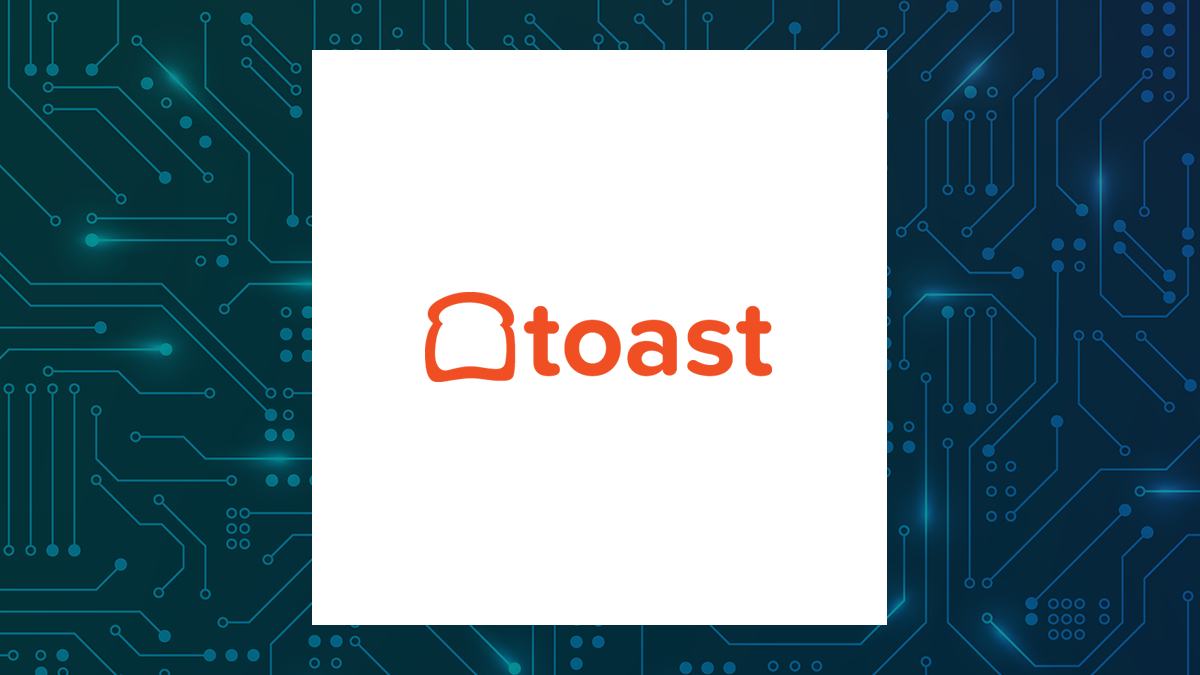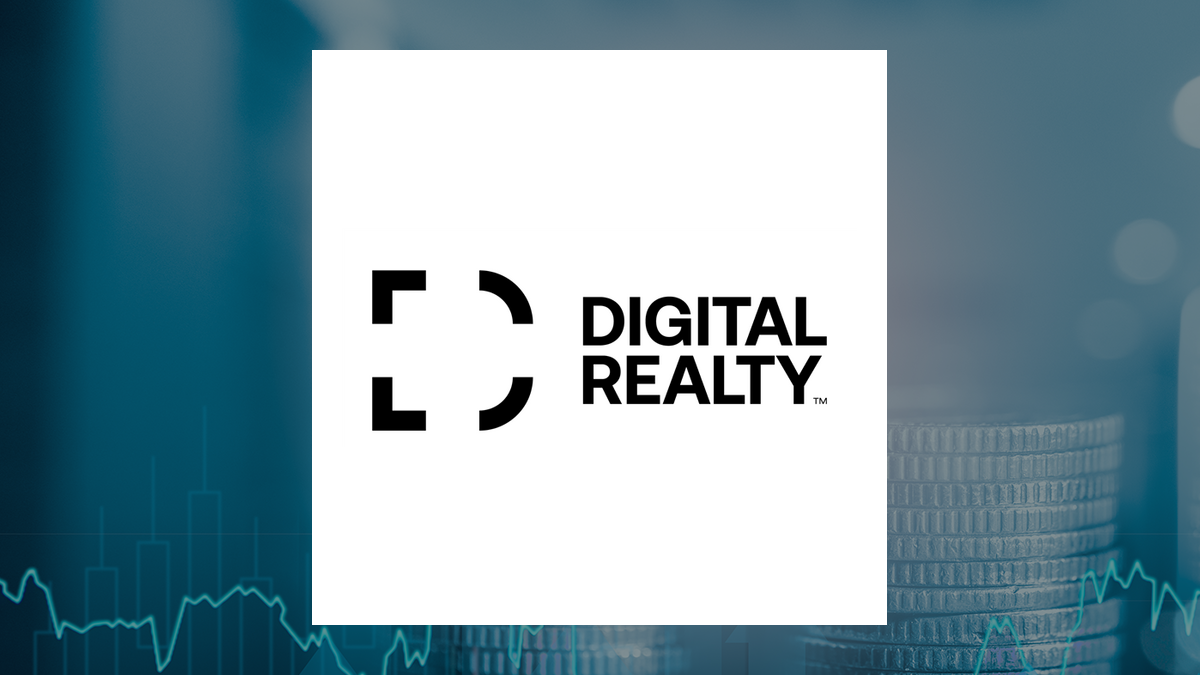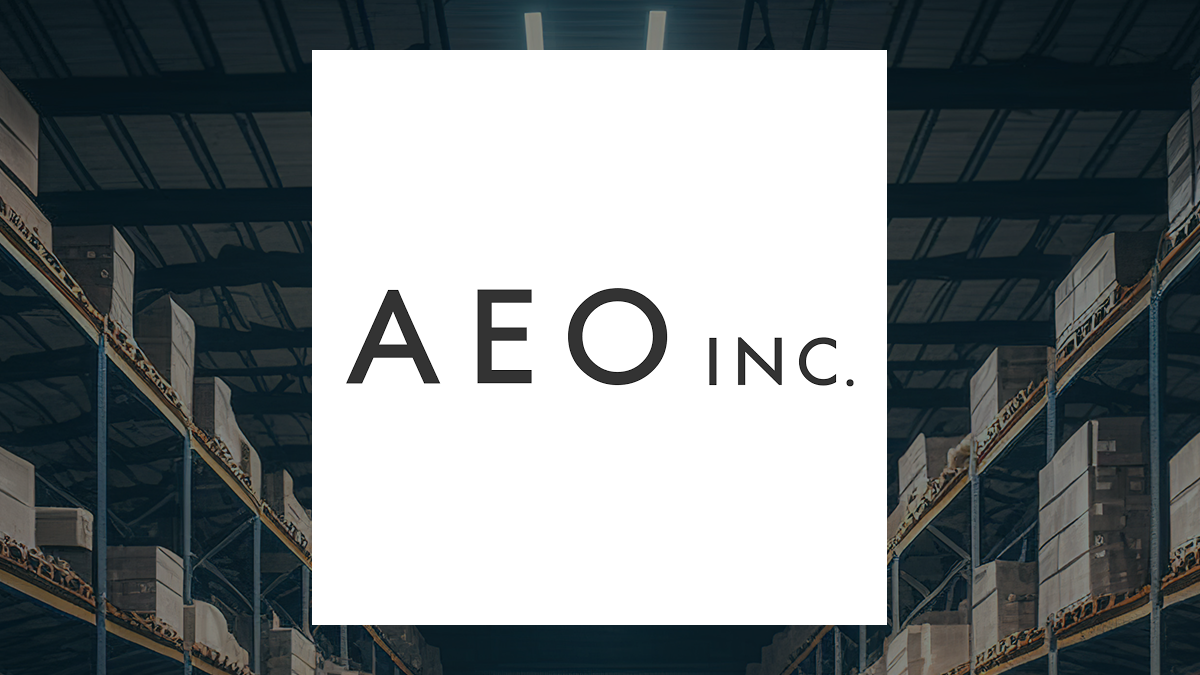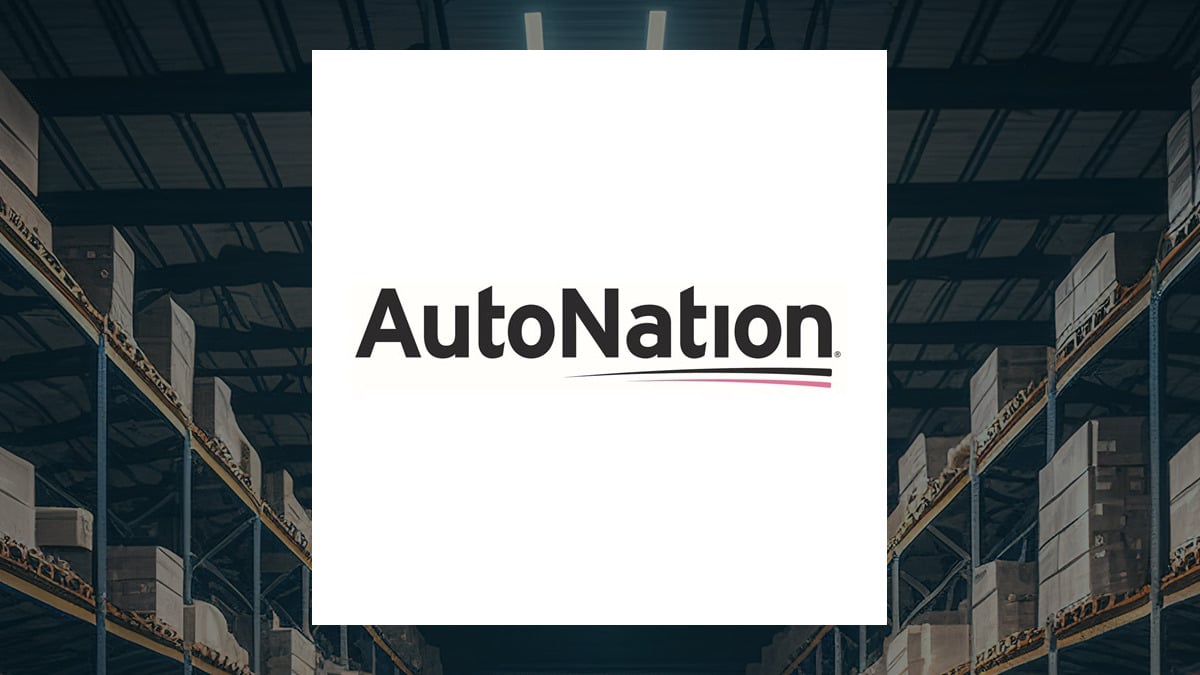
Germany is used to running its economy with the brake on. Ever since the 2008 financial crisis Berlin has sought to burnish a reputation as the world capital of fiscal discipline, with a near-pious aversion to debt and pride in strong government finances. Under a rule known as the “debt brake” – introduced in 2009 by Angela Merkel to show Germany was committed to balancing the books after the banking crash – the federal government is required to limit annual borrowing to 0.
35% of GDP. After this weekend’s elections it might not be long before the constitutional handbrake is relaxed to help reboot Europe’s largest economy with debt-funded firepower, and to find room for higher defence spending. “It is seismic.

We are about to take a new direction in the economic policies of Europe ,” said Carsten Brzeski, global head of macro at the ING bank. “Back then [2009] the German approach [to sustainable public finances] was one completely ignoring growth, trying to lead by example with the debt brake. Now we see Germany paying the price for having fiscal rules that were too simplistically looking at the public finances and not growth.
” Germans will vote on Sunday in a snap general election, after last November’s collapse of the “traffic light” coalition led by chancellor Olaf Scholz’s centre-left Social Democrats (SPD), with the Free Democratic party (FDP) and the Greens. Opinion polls suggest that the conservative Christian Democratic Union (CDU) leader, Friedrich Merz, is likely to become the next chancellor, in a possible grand coalition with the SPD, after ruling out a formal agreement with the far-right Alternative für Deutschland (AfD). With Germany in effective recession after the economy shrank for two consecutive years , in 2023 and 2024 – and for only the third time since the 1950s – rebooting growth and raising living standards is a top issue on the ballot.
Each of the major parties has promised to revive the economy, with policies either to slash taxes or drastically increase spending to pump-prime growth. However, these costly options are likely to require the debt brake to be relaxed. The proposals follow an “almost stereotypical” split between centre-left and centre-right economic policies, says Brzeski.
The SPD and Greens propose investment subsidies and tax rises for the rich, alongside reforms to the debt brake, while the CDU wants tax cuts for corporate households, public expenditure cuts, and “hoping for the magic Laffer curve to bring in more tax revenues via higher growth”. The CDU had promised in its manifesto to stick to the debt brake, or schuldenbremse . But Merz has indicated a willingness to reform the policy amid growing acknowledgment of Germany’s growth headache.
Critically, Merkel, the most recent CDU chancellor, whose successive governments demanded deep austerity from other eurozone countries during the 2010s’ sovereign debt crisis, has called for it to be dropped . Critics of the debt brake say baking in austerity in tax and spending decisions contributed to the rise of the far right as low-income households were hit hard. It also rattled Scholz’s coalition, amid fierce battles over multibillion-euro holes in the federal budget, paving the way for this weekend’s elections.
Engelbert Stockhammer, a professor of international political economy at King’s College London, said lifting the debt brake would be key to Germany’s revival. “It [the brake] condemns the state to inactivity in times of crisis, whether the crisis be economic, the climate crisis or about security.” He said while the economic debate ahead of the election centred on whether to lift the brake to fund business tax breaks versus a more statist agenda of public investment to improve roads, the rail network and the digital infrastructure, the need for a bigger military budget will provide the new government with political cover.
“It’s the geopolitical situation that is going to achieve it. The armed forces need an offensive capability and arguing for that is something conservative politicians will feel comfortable doing.” With EU nations under pressure to increase defence spending as Donald Trump obliterates the decades-old world order , Germany in particular will need to change its approach.
The country has historically spent less than the 2% of GDP target Nato countries must spend on defence. While it said it met the goal in 2024 , it falls short of Trump’s calls for spending as much as 5%. Analysts say a new government could get around this by utilising special purpose vehicles earmarked for long-term investment, which would be excluded from the accounts for the debt rule.
Defence spending could also be exempted. EU nations are also exploring the option of joint defence bonds, or an escape clause from the blocs’ “Stability and Growth Pact,” which Germany currently meets, which limits government deficits to 3% of GDP and debt under 60% However, the brake may need relaxing further to deal with a cocktail of economic problems facing the German economy – including extreme pressure on the country’s traditionally dominant industrial base, faltering domestic demand and mounting competition from Chinese manufacturers. Trump’s threat of hitting the EU with tariffs would add further to the squeeze.
Albrecht Ritschl, a professor of economic history at the London School of Economics , said: “The lack of machine tool sales acts like a flat tyre on the economy. And this combines with a confluence of factors that have all come together at the same time – a fall in trade with the UK due to Brexit, no more sales to Russia, the cost of energy and a dramatic decline in the fertility rate.” Reforming the debt brake requires a two-thirds majority in the Bundestag, as it forms part of the German constitution, meaning the ability to make changes will depend on the outcome of the election.
In a splintered political landscape, reforms may also take time to negotiate. “The chances are extremely high it will be relaxed, whatever outcome,” said Brzeski. “It is obvious there are large investment needs in the economy.
They won’t manage without touching the debt brake.”.















